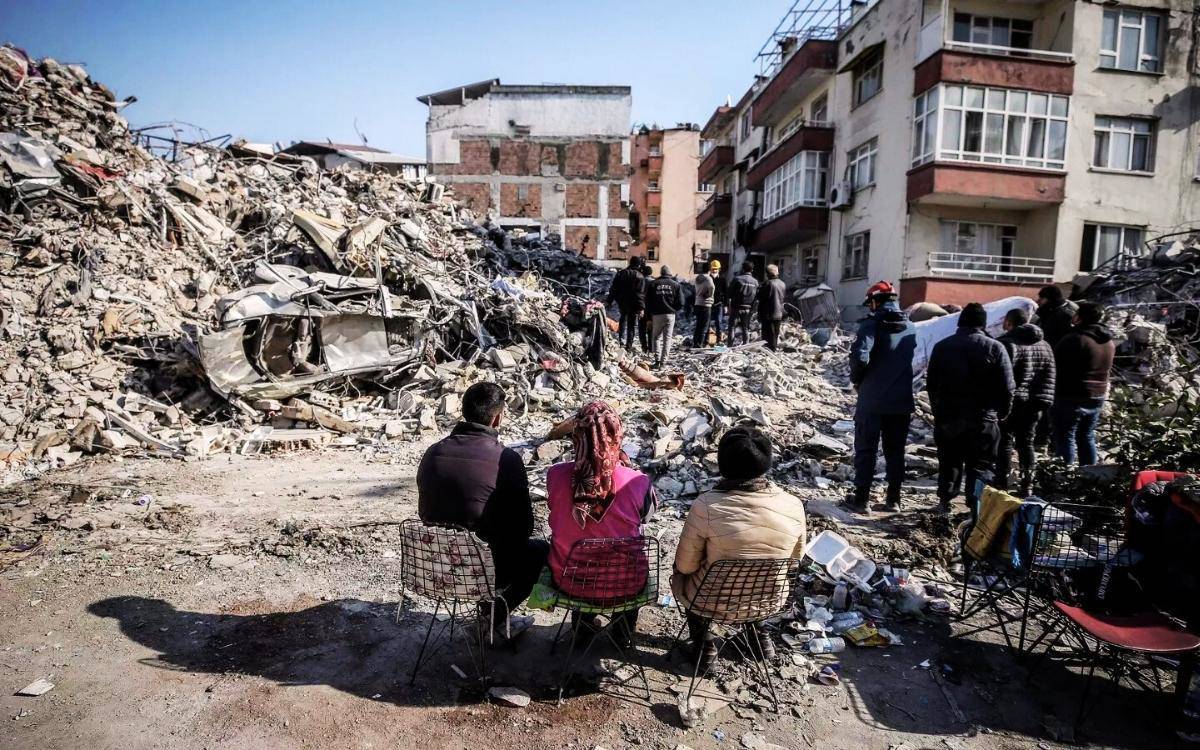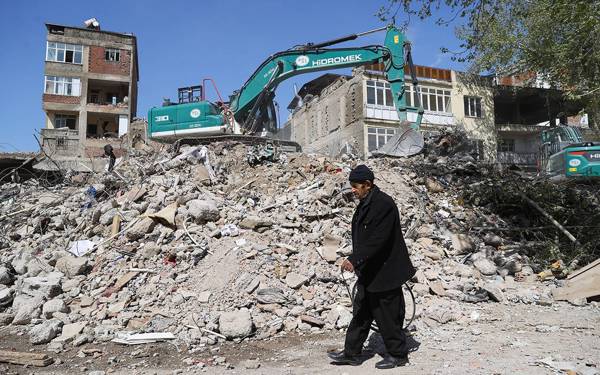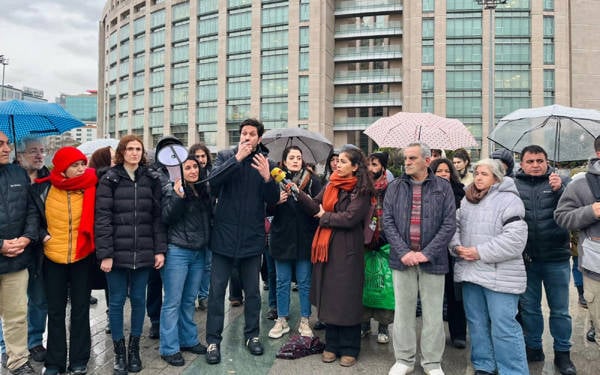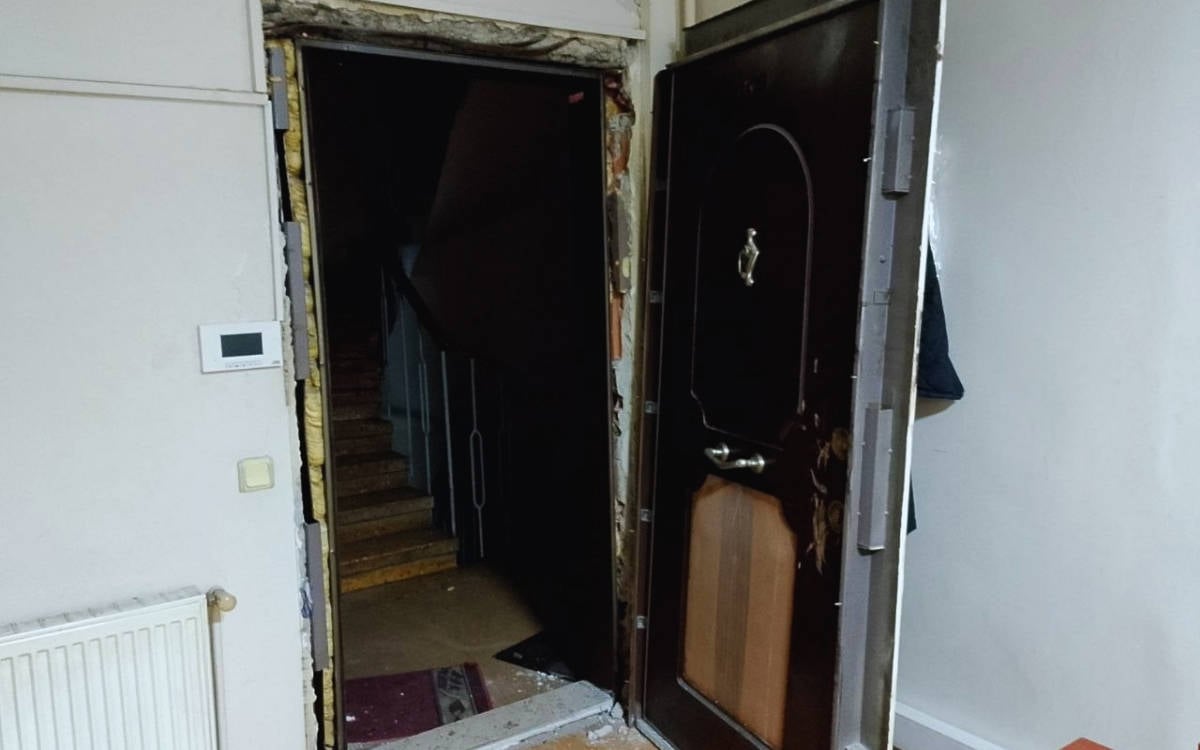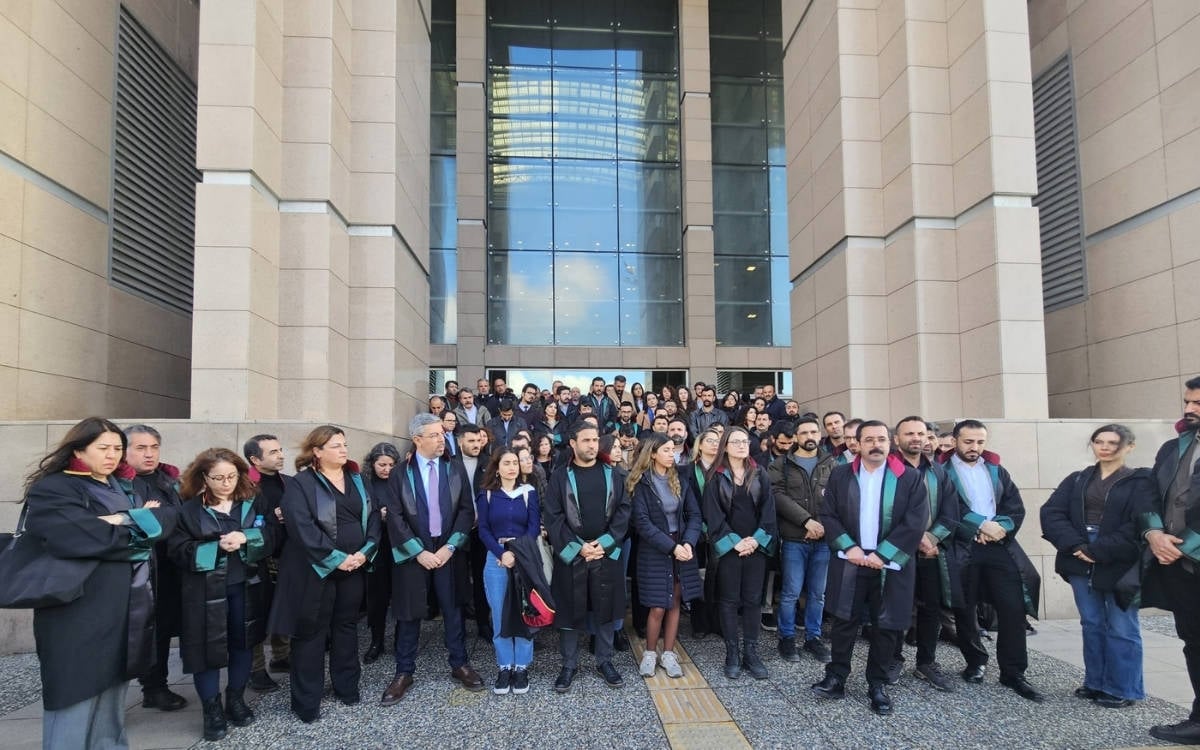The Urban Transformation Directorate, under the Ministry of Environment, Urbanization, and Climate Change, announced on November 14 a decision designating a 207-hectare area in the Antakya and Defne districts of Hatay, heavily impacted by the February earthquakes, as a reserve construction zone.
This decision is based on the recent legal amendments pertaining to urban transformation, outlined in the "Law on Transformation of Areas Under Disaster Risk and Amendments to Some Laws and Law Decree No. 375." These changes are anchored in the "Urban Transformation Law" numbered 6306.
This revision has sparked apprehensions it grants the government the authority to designate any region in the country as a "reserve housing zone." Prior to the amendment, the authorities were restricted to designating areas devoid of housing as reserve zones.
Takeover of lands
The announcment regarding Hatay was the first example of the enforcement of the new law, noted Ecevit Alkan, the Head of the Environment and Urban Law Commission at Hatay Bar Association.
"Due to the amended law, residential areas can now be designated as reserve zones. This means that whatever is done when an empty area is declared a reserve zone can now be applied to open areas for settlement,” he explained. “The Ministry, through this decision, has solidified its authority to enact new zoning plans, construct new roads, alter the locations of all plots, and dictate parcel uses within the announced reserve area. People are currently living in the region declared a reserve zone in Hatay, and they have been living there before."
Discussing the potential repercussions, Alkan elaborated, "Even though people may have lost their lives in the earthquake, their heirs exist. Without consulting or seeking permission from anyone, they declared these areas as reserves and will implement their plans.
“The process works as follows: Firstly, all titles in the area are transferred to the treasury. The reason for this transfer is to close off citizens' avenues for objection and legal recourse."
"When the implementation is completed, they will summon the citizens. They will say, 'The value of your property was this much, and we have incurred this much expense here, and your debt to us is this much. Those who can pay will retrieve their property, and those who cannot will have to leave the region after taking the value of their property," he added.
“A form of expropriation”
Calling attention to the fact that these actions resemble a form of expropriation, Alkan continued, "The difference from expropriation is that, in expropriation, the state pays you upfront, and you know that you cannot stay there and how much money you will receive. Here, they say ‘We will pay the money later. We can pay it in three years or five years.’
"The criteria for how they will make these payments are also unclear. The content of the bill they will demand from citizens is also uncertain. Will they build luxury housing or social housing in these reserved areas? Everything is so uncertain. They are pushing citizens into an unknown.
"Everyone here is an earthquake victim. People have lost their families, money, homes, and all their assets. Taking possession of titles without offering new job opportunities or a new life to the people is a treatment that does not befit human dignity," Alkan concluded.
Describing these procedures as a form of expropriation, Alkan continued, "The difference is this: In expropriation, the state pays you upfront, and you know that you cannot stay there, and you know how much money you will get. Here, they say ‘We will pay the money later. We can pay it in three years or five years.’
“The criteria for how they will make these payments are also unclear. The content of the bill they will demand from citizens is also uncertain. Will they build luxury housing or social housing in these reserved areas? Everything is so uncertain. They are pushing citizens into an unknown.
"Everyone here is an earthquake victim. People have lost their families, money, homes, and all their assets. Taking possession of titles without offering new job opportunities or a new life to the people is a treatment that does not befit human dignity. We will appeal against this decision and defend the rights of our people."
What is a reserve construction area?
In accordance with Law No. 6306, reserve construction areas are designated regions that can be utilized as new settlement areas for implementations conducted by the Mass Housing Administration (TOKİ) Presidency or at the request of the Administration or Ministry.
Within reserve construction areas, in alignment with the objectives of the law, efforts are made to create environments for healthy and safe living, adhering to science and art norms and standards. Additionally, these areas can be used for various applications that generate income and revenue, and they may also serve as new residential areas.
Specifically, within the framework of the law's objectives:
1. Reserve housing and workplaces can be established in compliance with science and art norms and standards to provide suitable living environments for those residing in risky areas and risky structures outside these designated areas.
2. Various applications that contribute to income and revenue can be implemented within these areas, and they have the potential to be designated as new settlement areas.
(TY/VK)






